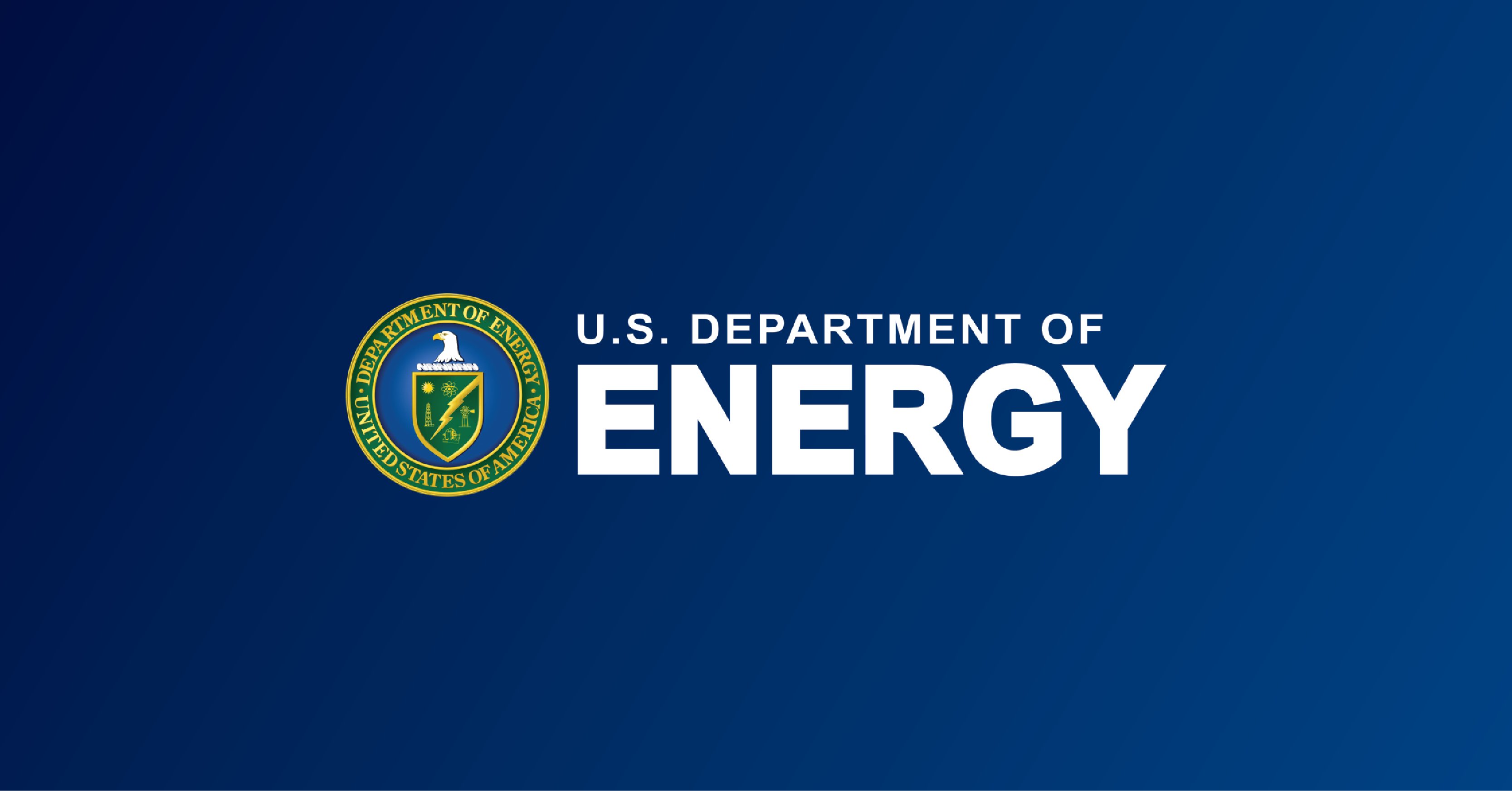Energy-I Corps Cohort 19: Fueling Innovative Energy Technologies for a Sustainable Future
Key Ideas
- National Lab researchers in Golden, Colorado kick off Energy-I Corps' 19th cohort, focused on accelerating commercialization of innovative energy technologies.
- Teams engage in workshops, stakeholder interviews, and presentations to refine their research strategies with industry mentors over a two-month program.
- Previous cohorts have attracted significant post-program funding, executed licenses, and launched new businesses, showcasing the success of the Energy I-Corps initiative.
- Cohort 19 teams from various National Labs are working on diverse projects, from clean energy production to carbon capture, funded by different DOE offices and NNSA.
The Energy-I Corps' 19th cohort recently commenced in Golden, Colorado, gathering 14 research teams from eight National Labs for an intensive two-month entrepreneurial training program. The initiative, supported by the U.S. Department of Energy, focuses on fast-tracking the commercialization of cutting-edge energy technologies developed in the labs. Throughout the opening week, teams participated in workshops challenging their research assumptions, conducted stakeholder interviews, and received guidance from industry experts. They also interacted with local startups and industry partners during an in-person industry night. Over the program's duration, teams will work with external industry mentors to define value propositions, conduct discovery interviews, and explore pathways to market their products.
The Energy-I Corps initiative, which has trained over 510 National Lab researchers since 2015, aims to drive the transition to clean energy by enabling researchers to assess the commercial potential of their technologies through extensive industry engagement. The success of previous cohorts is evident, with over $192 million in post-program funding attracted, 85 licenses executed, and 25 new businesses launched. Cohort 19's projects span diverse fields such as clean energy production, carbon management, and artificial intelligence, highlighting the program's broad impact across energy innovation sectors. The teams, funded by multiple DOE offices and the National Nuclear Security Administration, are working on projects like clean baseload geothermal energy, carbon capture technologies, and smart energy distribution systems, showcasing the range of solutions being developed to address energy challenges.
Topics
Fuel Cells
Government Initiatives
Entrepreneurship
Energy Innovation
Industry Partnerships
Researchers
Technology Commercialization
Latest News
